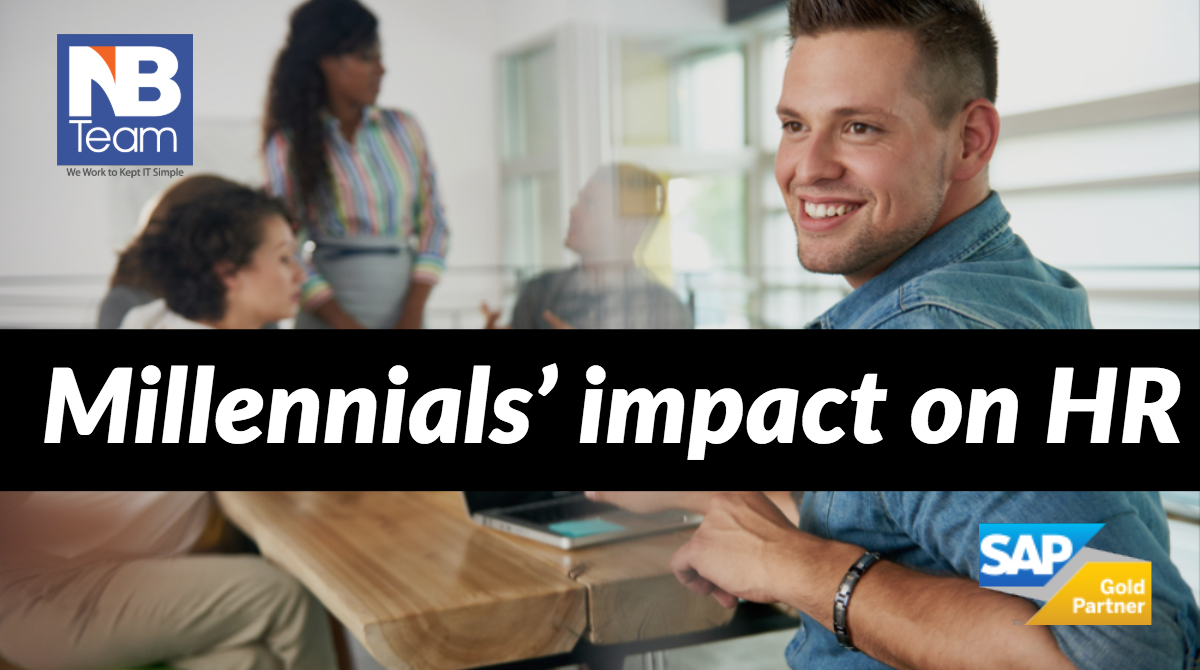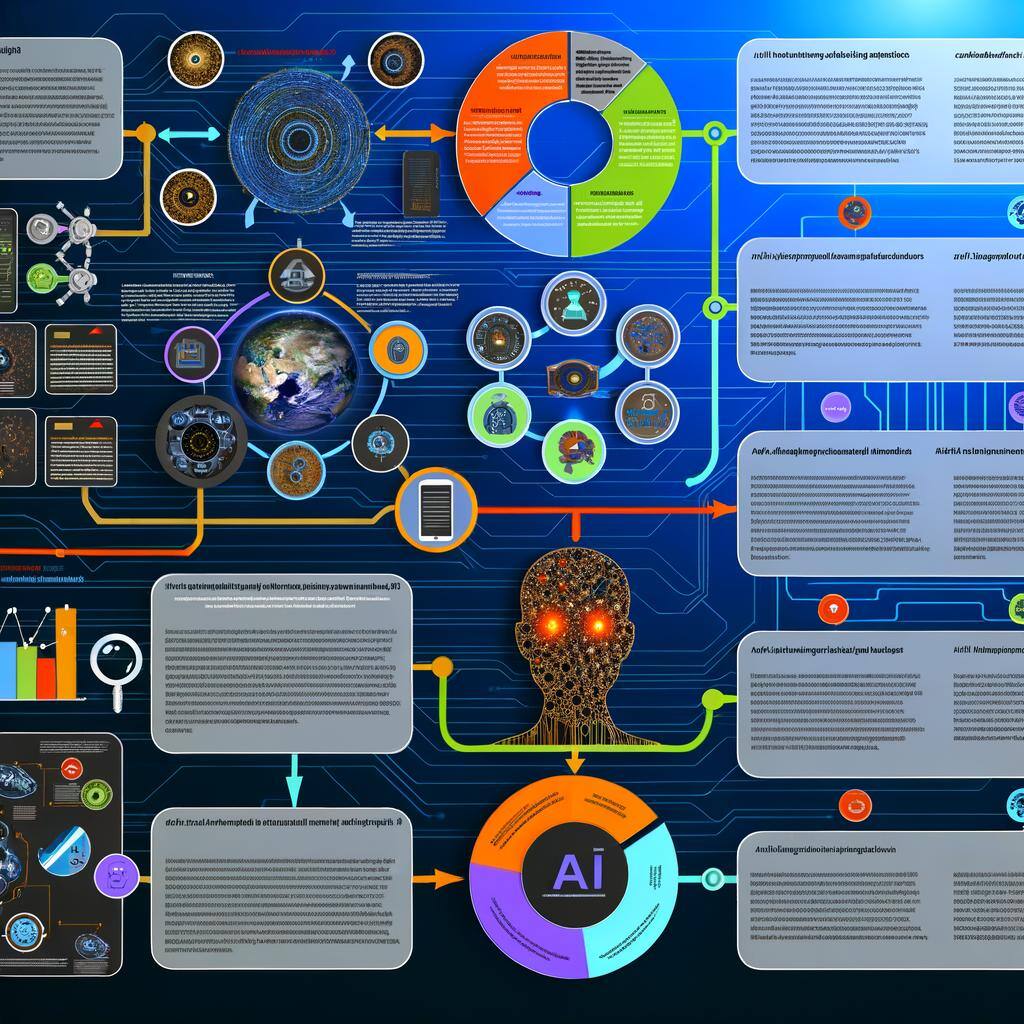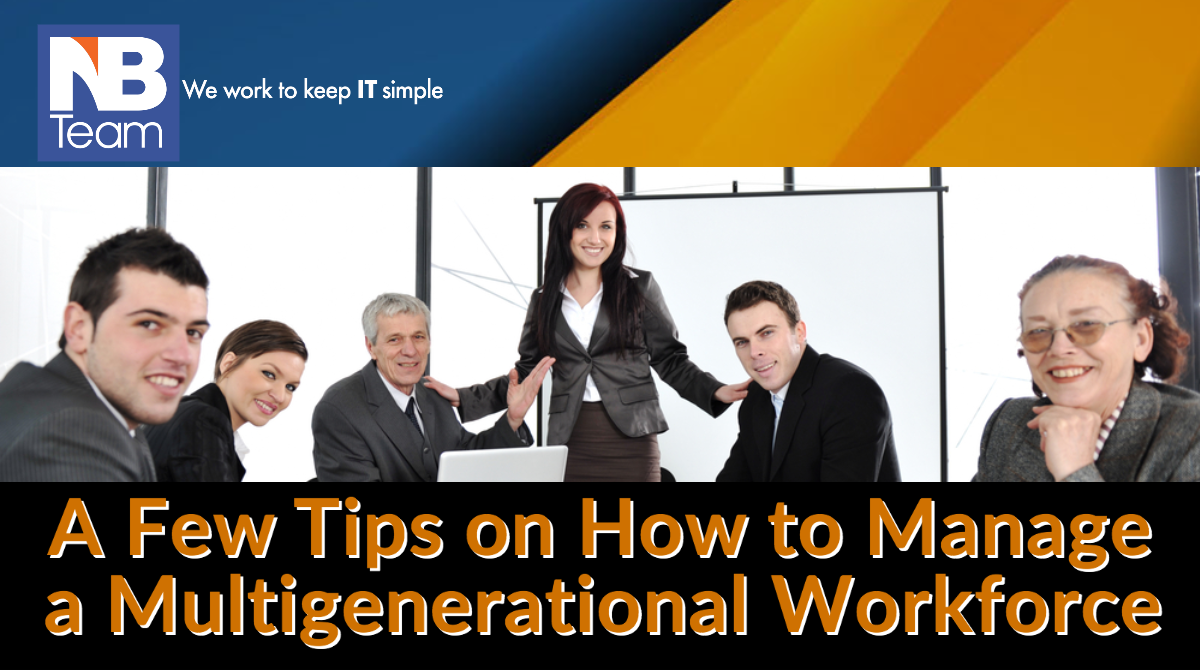Empowering Your Company with AI-Powered Apps
Discover how integrating AI-powered applications can transform your business operations and drive innovation.

April 4, 2018 by Lorna Stearns, Greg Selke
There is much information and research available on how millennials are different from previous generations and how these differences affect workplaces. We know each generation has their own uniqueness based on their social, political, financial, and technological experiences.

This intrigued us, so we recently surveyed and completed a focus group with millennials to test our theories and here are our insights:
Let’s discuss each of these in more detail.
The fact that compensation and benefits are still the basis for many employment decisions followed by flexibility and career growth is not shocking. Compensation and benefits continue to be important engagement factors and specifically taps into the need for security. This premise of employers providing some degree of security and stability through total rewards has always been and continues to be key – for all generations.
The differentiator for millennials is in the flexibility and career options employers provide. Over the past 20 years as organizations have created more flexible work options – such as telecommuting, flex hours, and sabbaticals, these perks have become more normalized. Millennials benefit from this workplace shift and it aligns with their stated desires for work / life balance. They certainly appreciate the fluidity in work arrangements and career choices available to them, and have come to expect it somewhat, as do baby boomers and every other generation.
Career management is a key driver for millennials as it has been for every generation. The difference is millennials have the reputation of being impatient. Not fair. The way jobs are designed today and with the pace of doing business being faster and always changing, frequent job shifts or changes isn’t unusual. Millennials again have stumbled into a very agile marketplace and maybe they do push for change a little quicker than other generations, but who didn’t push in early career mode. All generations get a little impatient if they feel stagnated and without opportunity. The key is to remain keen to continuous learning and to realize that challenge and opportunity come in all directions and packages.
How to Differentiate from the Pack and Become the Preferred Employer of Choice for Millennials?
Our second insight is about what motivates millennials to work. It was clear from our research that millennials work and make money to enjoy life. Whether the outcome is in providing for family, acquiring things they treasure or to travel, the job provides the means to live the lives they want. All generations have this same drive one way or another. The two of us are in two different generations and have experienced the same drive ourselves as well as through our parents. One of us grew up in rural Indiana and his father’s goal in working was to provide a good safe living situation for the family and go on vacation every year to Florida or Niagara Falls. That is what you did back then. This has not changed for most people, though the vacation destinations might be somewhat different.
What is different in motivation is that millennials have made it clear they want to work for organizations that do “something that makes life better.” They want assurance that their employer has a purpose “in the world.” This wish is usually not an employment deal breaker, but if given the choice, millennials will usually choose the employer that aligns best with their personal values and world views. Other generations may have wanted to work for great companies, but this generation appears more passionate about a company’s purpose. Maybe this is because there have been so many organizations that have disappointed or disappeared due to bad business – and in the process laid off millions of employees. Many of us have been let go or know family members, friends or colleagues who have been separated. As millennials, many have experienced it firsthand with their own parents. Trust is a big deal, more than in the past. More on trust later…. So, millennials are different in that they don’t trust their employer as much as prior generations and with good reason and that motivates them to connect with a values based employer before they jump into a particular culture.
Our final finding was about trust and leadership. Millennials have stated they prefer work environments that are powered by simplicity, practicality, mobile, personalization, health, and convenience. But the main factor describing what they need from their employer is trust. And trust is overwhelmingly defined as two things – trust in leadership values and trust that their employer will invest in their development. If your organization doesn’t have a leadership team that understands how to connect with millennials through transparency, innovation, and agility and is stuck in the mode of policies and hierarchical secrecy, cautionary business process vs always iterating, and moving at a snail’s pace step by step to everything – you are likely to experience difficulty attracting and retaining millennials. Leadership must embrace the new way of doing things. The days of “our employees are lucky to have a job” or “I’m glad that person resigned as we can find someone better” are gone. With a looming talent shortage and the ongoing complexities of business, millennials will be the majority of your workforce in the near future and we all need to ensure we are motivating and retaining this critical talent.
As you develop your HR strategies for the future, it will become more important to recognize what priorities are targeted for the entire workforce and where there are differences for each of the generations including millennials and the generations to follow.
Our conclusions from the research are as follows:
There is fascinating research available on millennial buying habits. Look at the motorcycle industry, professional sports, or the housing market to see pronounced change with millennials. We would be wise in HR to recognize their buying nuances as these carry over into how they choose employers. Crafting and living a purpose-based employee value proposition is critical to attracting and retaining millennials — and just might work for your other employees as well!
Lorna Stearns is vice president and HR executive advisor for SAP SuccessFactors. Greg Selke is vice president and HR thought leadership executive for SAP SuccessFactors.

Discover how integrating AI-powered applications can transform your business operations and drive innovation.

How many devices do you have connected to the internet? A decade ago this answer could be one or possibly two, if you were one of those who had the...

They say the only constant is change, and that’s true for the labor force as much as anything else. We’re seeing a shift as more baby boomers retire...